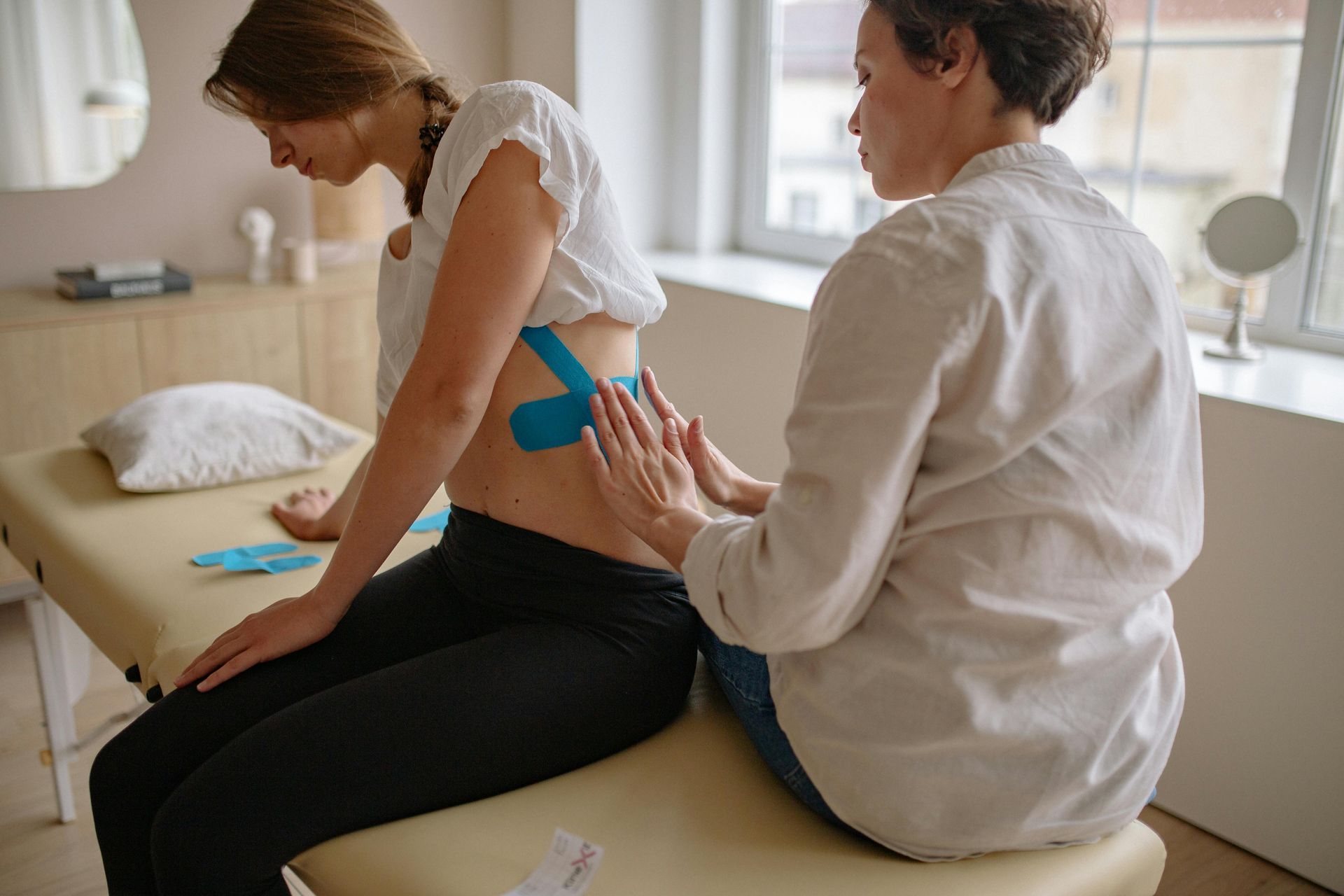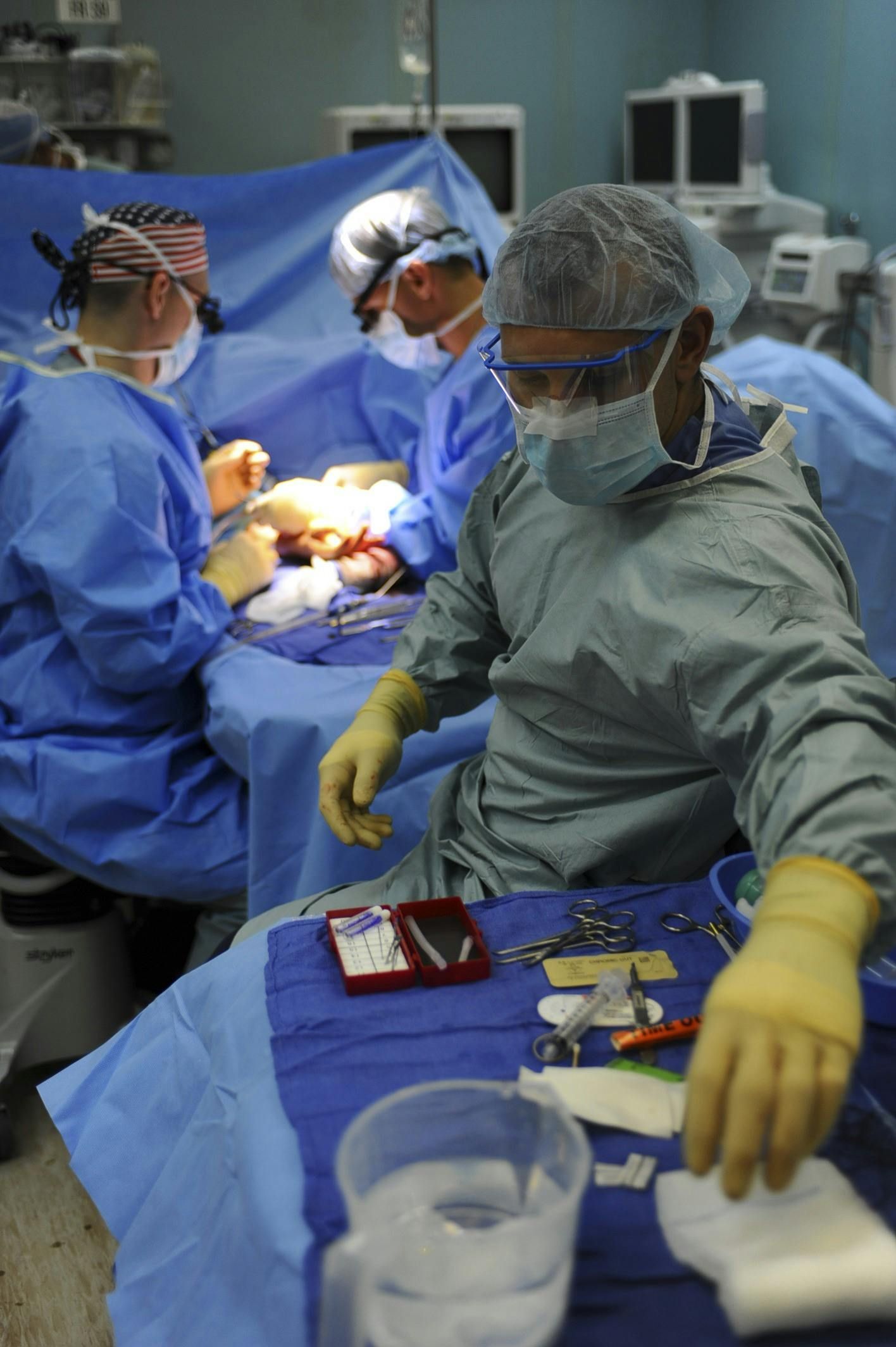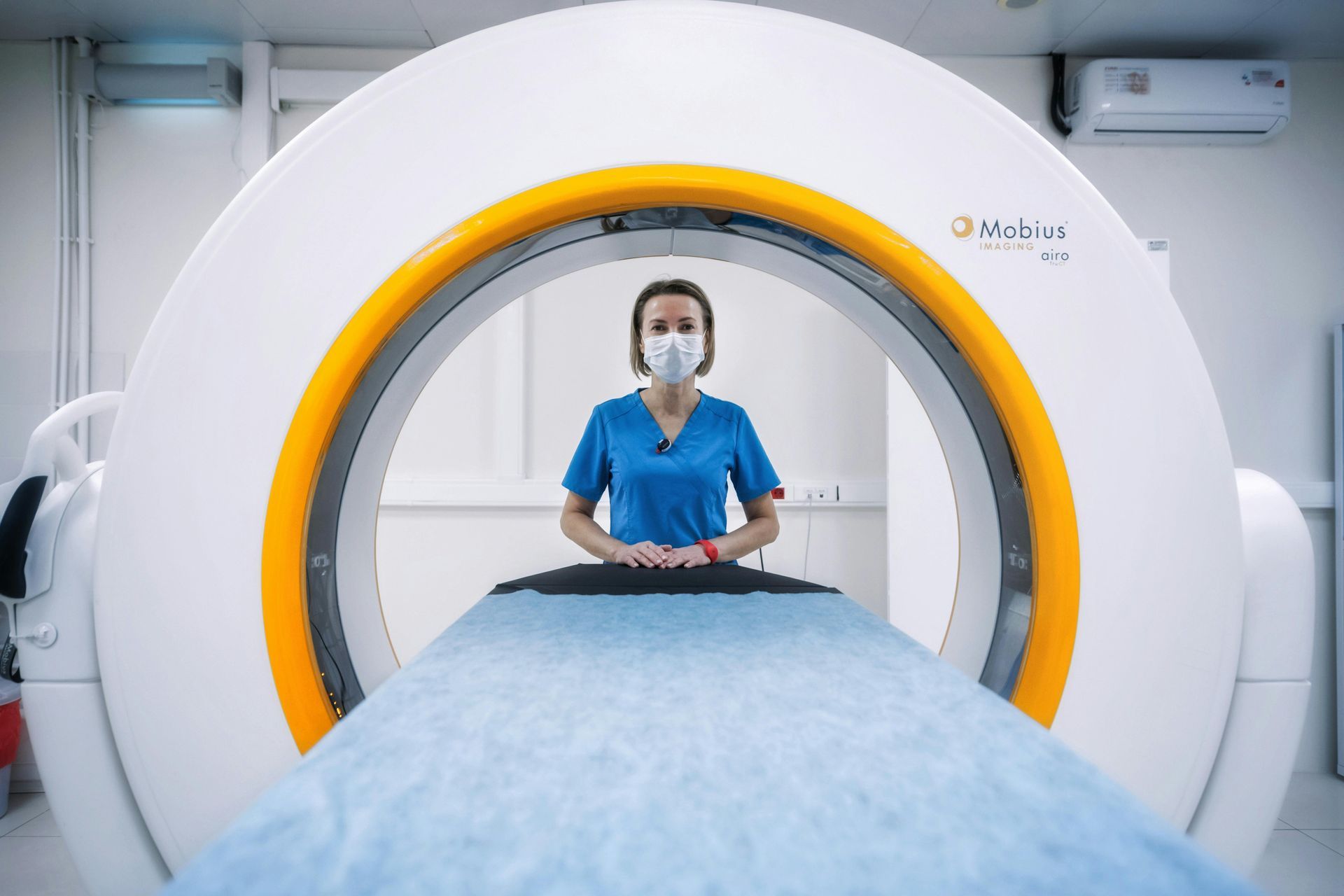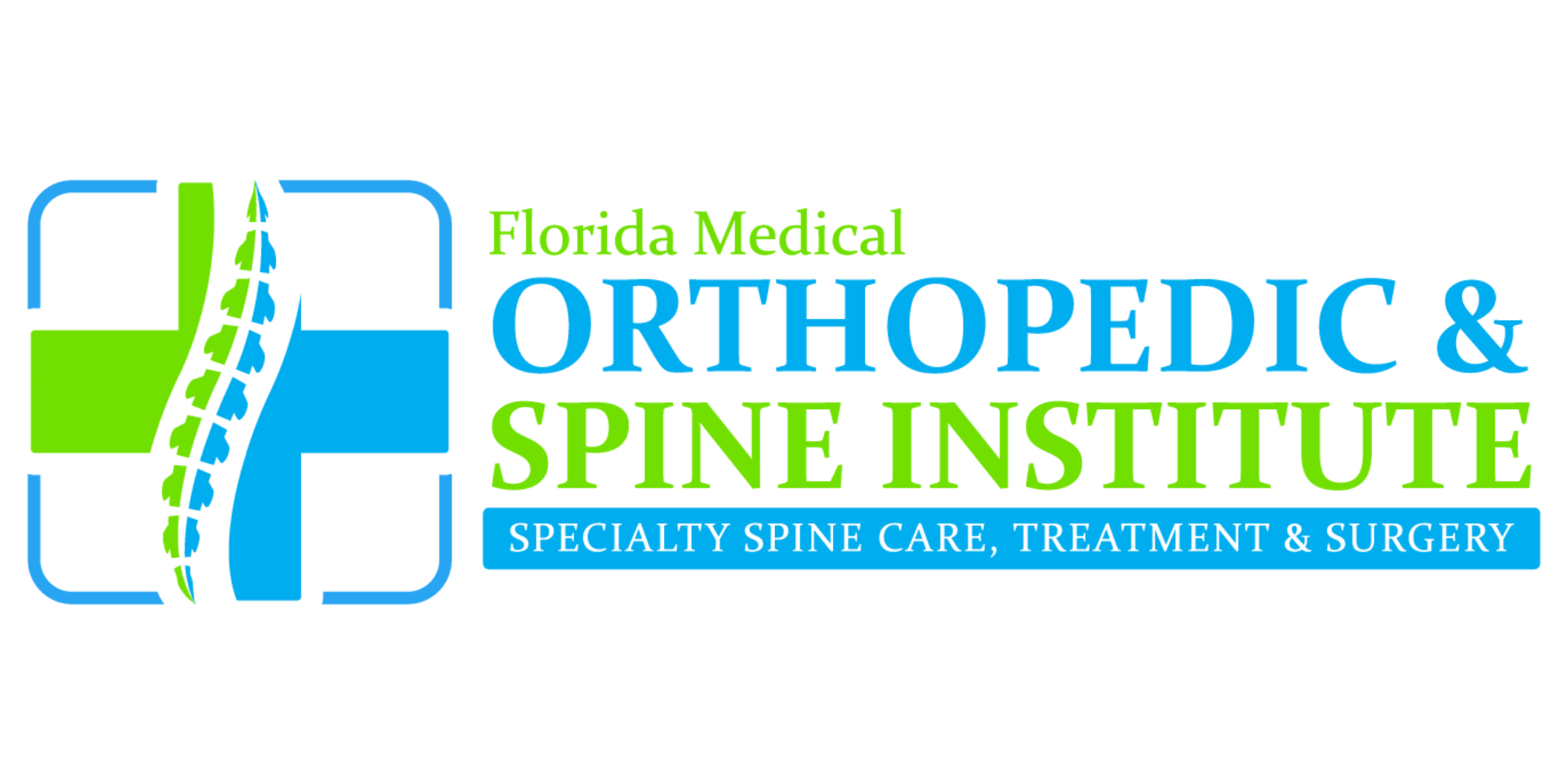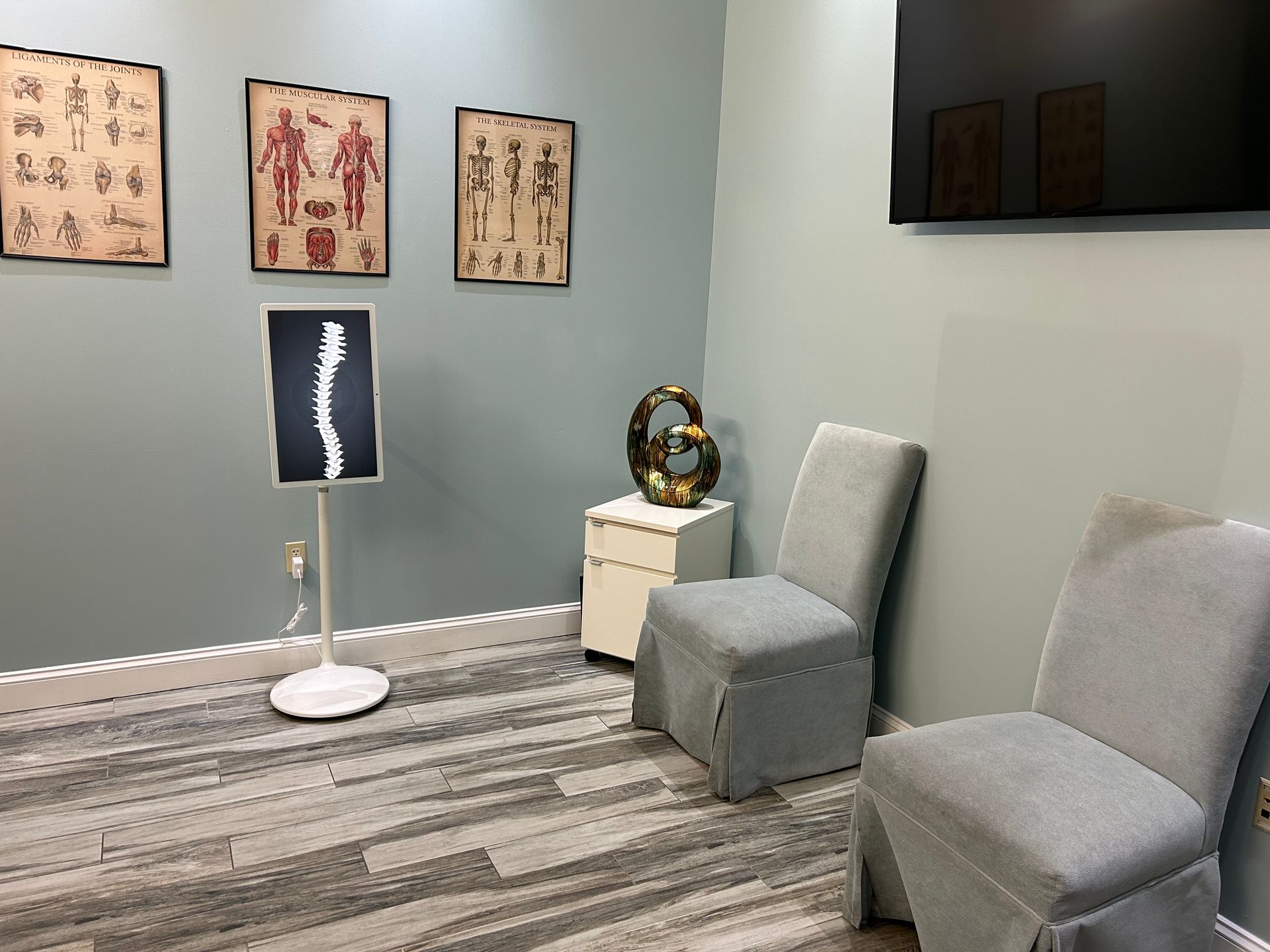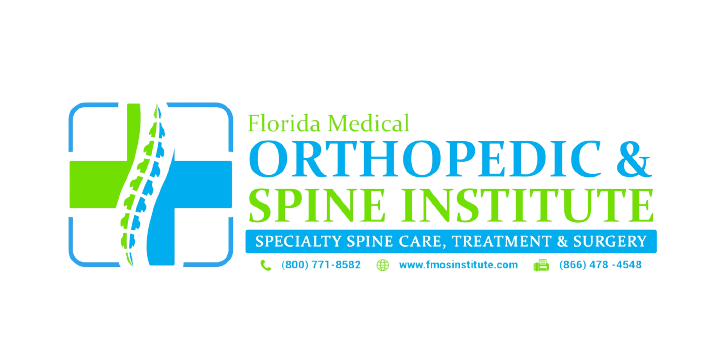How PIP Works, What Everyone Should Know.
Unlock the Secrets of PIP: Essential Insights for Everyone
Unlock the Secrets of PIP: Essential Insights for Everyone is an invaluable resource for patients navigating the complexities of Personal Injury Protection in pain management. At Florida Medical Orthopedic & Spine Institute, our dedicated team of experienced and compassionate physicians is committed to guiding you through every aspect of your treatment journey. Understanding PIP not only empowers you to make informed decisions about your healthcare but also ensures you receive the full benefits entitled to you, whether through surgical or nonsurgical interventions. Let us help you demystify the process, so you can focus on what truly matters—your recovery and well-being.
Contact Us Today
Have a question? Looking for treatment? We’re here to help. Send us a message and we’ll be in touch.
Demystifying PIP: Your Guide to Personal Injury Protection Insurance
Navigating the world of auto insurance can feel like deciphering an ancient script. One term you'll frequently encounter, especially depending on where you live, is PIP, or Personal Injury Protection. But what exactly is it, how does it work, and why should you care? This blog post will break down the essentials of PIP, ensuring you understand this crucial piece of your auto insurance puzzle.
What is PIP?
At its core, Personal Injury Protection is a type of "no-fault" car insurance coverage. This means that regardless of who is at fault in an accident, PIP can help cover your and your passengers' medical expenses and other related costs up to your policy limits. This is a key differentiator from
liability insurance, which pays out based on who caused the accident.
How Does PIP Work?
Imagine you're involved in a car accident. Instead of waiting for a lengthy investigation to determine fault before medical bills are addressed, PIP steps in to provide more immediate coverage. Here's a general idea of how it functions:
- Accident Occurs: You or your passengers sustain injuries in a car accident.
- Claim Filed: You file a claim with your own auto insurance provider under your PIP coverage.
- Coverage Kicks In: Your PIP coverage helps pay for eligible expenses, up to your policy's limits. This happens regardless of whether you or the other driver was at fault.
What Does PIP Typically Cover?
While specifics can vary by state and individual policy, PIP generally covers the following:
Medical Expenses
This is the primary purpose of PIP. It can cover costs such as:
- Doctor visits and hospital stays
- Surgery
- Ambulance fees
- Medication
- Rehabilitation and physical therapy
- Dental treatment resulting from the accident
- Necessary medical equipment
Lost Wages
If your injuries prevent you from working, PIP can help reimburse a portion of your lost income.
- Essential Services (Replacement Services): If your injuries prevent you from performing essential household tasks (like childcare or cleaning), PIP may cover the cost of hiring someone to perform these services.
- Funeral Expenses: In the unfortunate event of a fatality, PIP can help cover funeral and burial costs.
What Everyone Should Know About PIP:
- State Requirements Vary Greatly: This is perhaps the most critical point. Some states mandate PIP coverage (often called "no-fault states"). In these states, all drivers are required to carry a minimum amount of PIP. Other states offer PIP as optional coverage, while some don't have PIP at all and operate under a "tort" system (where the at-fault driver's liability insurance is primarily responsible). It is crucial to understand your state's specific laws regarding PIP.
- It's Not a Blank Check: PIP has coverage limits. This is the maximum amount your insurer will pay per person or per accident. You'll select these limits when you purchase your policy. Higher limits mean more coverage but also a higher premium.
- It May Coordinate with Health Insurance: In some cases, PIP may be the primary payer for accident-related medical bills, with your health insurance potentially covering costs that exceed your PIP limits. The specifics of this coordination can depend on your state and your insurance policies.
- It Doesn't Cover Everything: PIP is designed for injuries and related expenses. It typically does not cover:
- Damage to your vehicle or the other driver's vehicle (this is covered by collision, comprehensive, or property damage liability coverage).
- Pain and suffering (in most no-fault states, there are limitations on suing for pain and suffering unless certain injury thresholds are met).
- Injuries to the driver or passengers of the other vehicle if you are at fault (this would typically be covered by your bodily injury liability coverage).
- Prompt Reporting is Key: Like any insurance claim, it's essential to report an accident and any injuries to your insurance company as soon as possible. There are often deadlines for filing PIP claims.
- Understand Your Policy: Don't just assume you have "full coverage." Read your auto insurance policy documents carefully, paying close attention to the PIP section if you have it. Understand your coverage limits, deductibles (if any), and any exclusions.
- PIP Follows the Person (Usually): In many cases, your PIP coverage can protect you not only when you're driving your insured car but also if you're injured as a passenger in someone else's car or as a pedestrian or cyclist struck by a vehicle. Again, policy specifics matter here.
Why is PIP Important?
PIP provides a safety net that can offer significant peace of mind. By providing relatively quick access to funds for medical treatment and lost wages, it can alleviate financial stress during a difficult time, allowing you to focus on recovery. Even in states where it's optional, it's worth considering, especially if you don't have robust health insurance or disability coverage.
In Conclusion:
Personal Injury Protection is a valuable component of many auto insurance policies. Understanding how it works, what it covers, and your state's specific requirements is essential for every driver. Don't hesitate to speak with your insurance agent to discuss your PIP coverage and ensure it meets your individual needs. Being informed today can make a world of difference if you're ever faced with an accident tomorrow.
Don't Wait, Prioritize Your Health:
The moments following an accident can be chaotic, but prioritizing your health by seeking immediate medical attention is one of the most important decisions you can make. Even if you feel seemingly unharmed, hidden injuries can be lurking beneath the surface.
If you've been involved in an accident, don't delay. Visit your nearest emergency room, urgent care, or schedule an appointment with a personal injury doctor as soon as possible. At FMOS, we are dedicated to providing comprehensive and timely care to accident victims, ensuring you receive the diagnosis, treatment, and support you need to recover fully.
Your health matters. Don't let precious hours pass without getting the medical attention you deserve.
Contact Us Today
Have a question? Looking for treatment? We’re here to help. Send us a message and we’ll be in touch.
